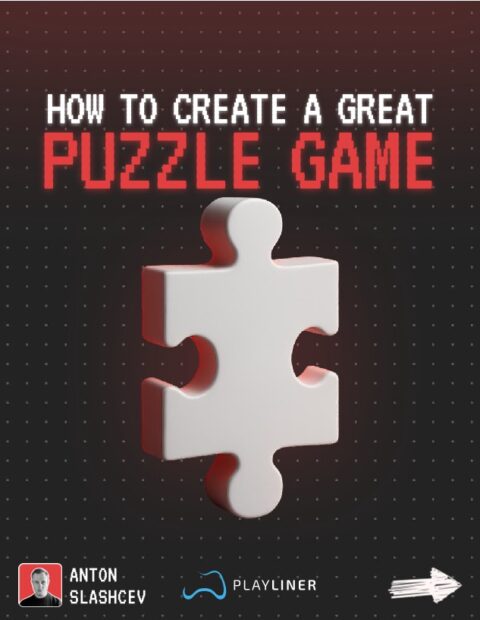
—a common game dev mantra.
It makes sense,
but have you ever wondered why?
***
There’s a scientific theory behind it:
Reinforcement Theory.

***
In simple terms,
it means that the likelihood of a behavior being repeated in the future depends on the consequences that follow it.
1) 𝗣𝗼𝘀𝗶𝘁𝗶𝘃𝗲 𝗥𝗲𝗶𝗻𝗳𝗼𝗿𝗰𝗲𝗺𝗲𝗻𝘁: In games, positive reinforcement happens when players receive rewards after completing an action. This motivates them to repeat that action.
↳ For example, giving a reward when a player finishes a level motivates them to complete the next one. Or, in a slot game, hitting a mega win pushes the player to keep searching for the next mega win.
*
2) 𝗡𝗲𝗴𝗮𝘁𝗶𝘃𝗲 𝗥𝗲𝗶𝗻𝗳𝗼𝗿𝗰𝗲𝗺𝗲𝗻𝘁: This increases the likelihood of a behavior being repeated by removing an unpleasant situation. In other words, something the player doesn’t like goes away after they perform a certain action, encouraging them to repeat it.
↳ Remember the police or monster chasing you in Subway Surfers or Temple Run when you stumbled? Escaping them by staying careful for a while teaches players how to react in such situations.
*
3) 𝗣𝘂𝗻𝗶𝘀𝗵𝗺𝗲𝗻𝘁: This decreases the chance of a behavior being repeated by introducing an unpleasant consequence after that behavior.
↳ Simply put, if you don’t complete the level, you can’t move on to the next one. Or, if you cheat in PUBG, you get banned.
*
4) 𝗘𝘅𝘁𝗶𝗻𝗰𝘁𝗶𝗼𝗻: If a reward is taken away after a behavior, the likelihood of that behavior being repeated decreases.
↳ Players want to feel rewarded for their time. If you reduce the rewards for daily tasks, and the player finds it pointless, they might stop trying and look for other strategies to earn more rewards.
***
TL:DR
Positive Reinforcement:
↳ Reward It –> Behavior Increases.
Negative Reinforcement:
↳ Remove Pain –> Behavior Improves.
Punishment:
↳ Bad Consequence –> Behavior Stops.
Extinction:
↳ No Reward –> Interest Fades.
This theory isn’t just for training players;
That can be used to teach anything or anyone—including pets.
(Theory owner B. F. Skinner originally tested it with a rat)







